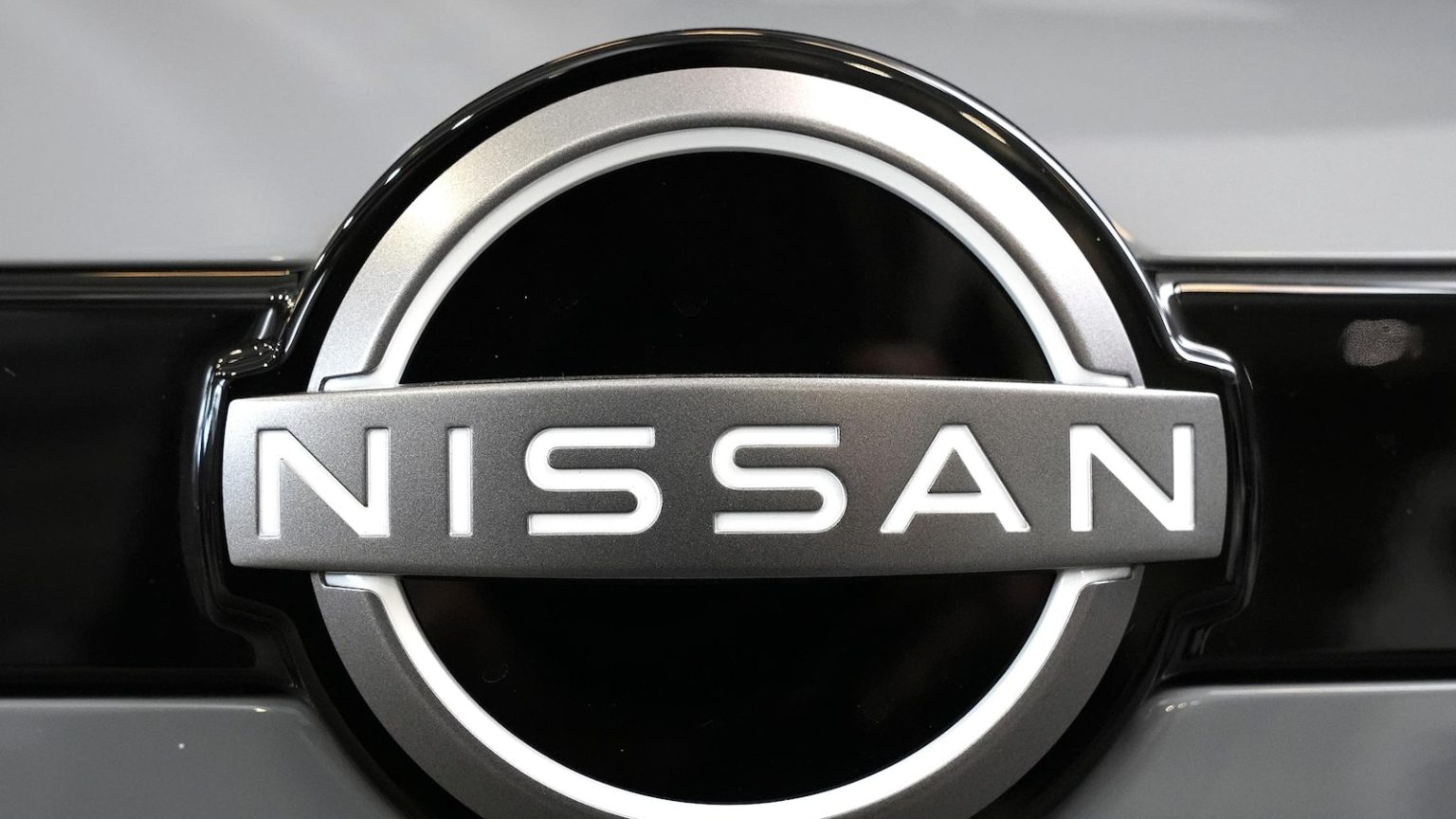Nissan’s Financial Plight: A Sharp Decline in Profits
In a disappointing turn of events, Nissan Motor Corp. reported a significant drop in its profits for the nine-month period from April to December. The company’s profit plummeted to a mere 5.1 billion yen ($33 million), a stark contrast to the 325 billion yen ($2.1 billion) profit it recorded during the same period in the previous year. This dramatic decline paints a troubling picture of the challenges the Japanese automaker is currently facing. Despite the profit crash, Nissan’s sales for the same period dipped only slightly, dropping less than 1% to 9.14 trillion yen ($59 billion). However, the company’s financial struggles are evident, and the road to recovery seems fraught with obstacles.
The Collapse of the Honda Deal: A Shift in Strategy
In addition to the dismal financial results, Nissan also announced that it had ceased discussions with its Japanese rival, Honda Motor Co., regarding a potential business integration. The talks, which began in December, were initially aimed at exploring the possibility of forming a joint holding company. However, the focus of these discussions shifted over time, with the proposal evolving into a plan that would have made Nissan a subsidiary of Honda. Nissan’s Chief Executive, Makoto Uchida, deemed this arrangement unacceptable, leading to the termination of the negotiations.
However, Nissan has not entirely ruled out collaboration with Honda. Uchida emphasized that while the talks about a business integration have ended, efforts to explore synergies through a strategic partnership, particularly in the areas of electric vehicles and other research initiatives, will continue. This decision reflects Nissan’s desire to maintain some form of cooperation with Honda without compromising its independence.
Nissan’s Path Forward: A Turnaround Without Honda
Despite the collapse of the merger talks, Nissan remains committed to achieving a turnaround and restoring its financial health. CEO Makoto Uchida has made it clear that the company will pursue its recovery independently, without the involvement of Honda. He also mentioned that Nissan is open to exploring various other options and partnerships that could support its strategic goals. Uchida has promised to outline a detailed plan for the company’s revival within a month, which will likely include specific measures to streamline operations and improve profitability.
Nissan’s current strategy involves a significant restructuring effort, including the closure of certain production lines and potentially entire plants. Additionally, the company has announced plans to slash 9,000 jobs as part of its cost-cutting measures. These steps are intended to help Nissan regain its footing in a highly competitive and rapidly evolving automotive industry.
A Grim Outlook: Nissan’s Full-Year Projections
The financial challenges facing Nissan are further highlighted by its projections for the full fiscal year ending in March. The company anticipates a net loss of 80 billion yen ($519 million), a far cry from the profits it enjoyed in previous years. This forecast underscores the severity of the issues Nissan is grappling with, ranging from declining sales to increased competition in key markets. The company’s ability to execute its turnaround plan and return to profitability will be closely watched by investors and industry analysts alike.
The Road Ahead: Challenges and Opportunities in the Automotive Industry
Nissan’s struggles are not occurring in a vacuum. The automotive industry as a whole is navigating a period of significant transformation, driven by the shift towards electric vehicles, autonomous driving technologies, and changing consumer preferences. While these changes present challenges, they also offer opportunities for innovation and growth. For Nissan to succeed in this new landscape, it must not only address its immediate financial concerns but also invest in the technologies and strategies that will position it for long-term success.
In conclusion, Nissan is facing a critical juncture in its history. The company’s sharp decline in profits, the collapse of its merger talks with Honda, and its plans for restructuring all point to a challenging road ahead. However, with a clear strategy and a commitment to innovation, Nissan has the potential to overcome its current difficulties and reestablish itself as a leader in the automotive industry. The coming months will be pivotal as the company works to implement its turnaround plan and secure its place in an ever-evolving market.















